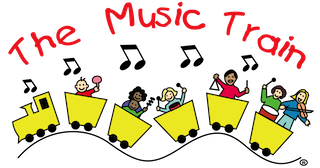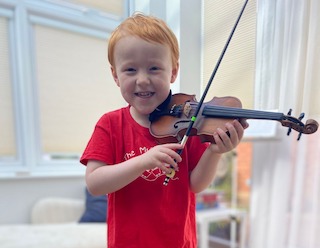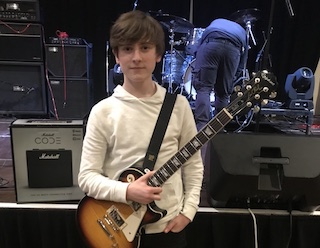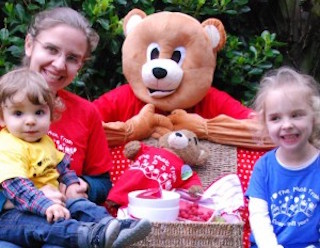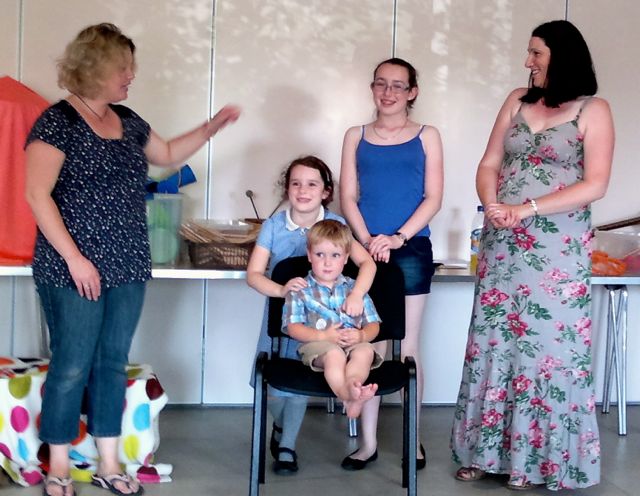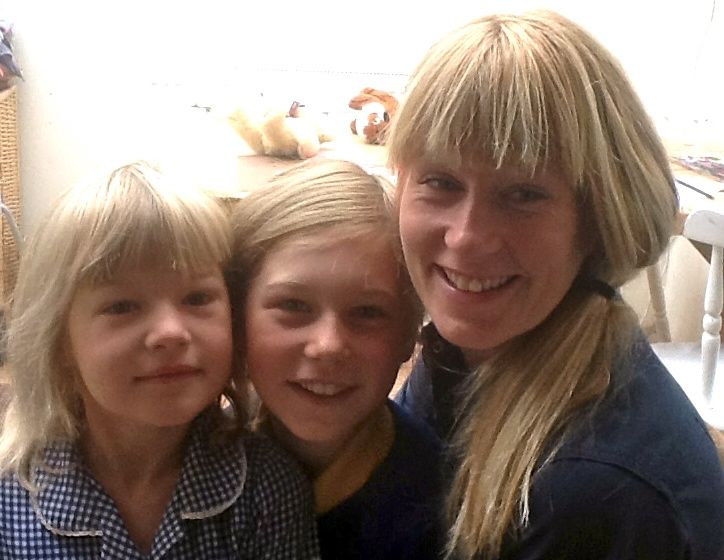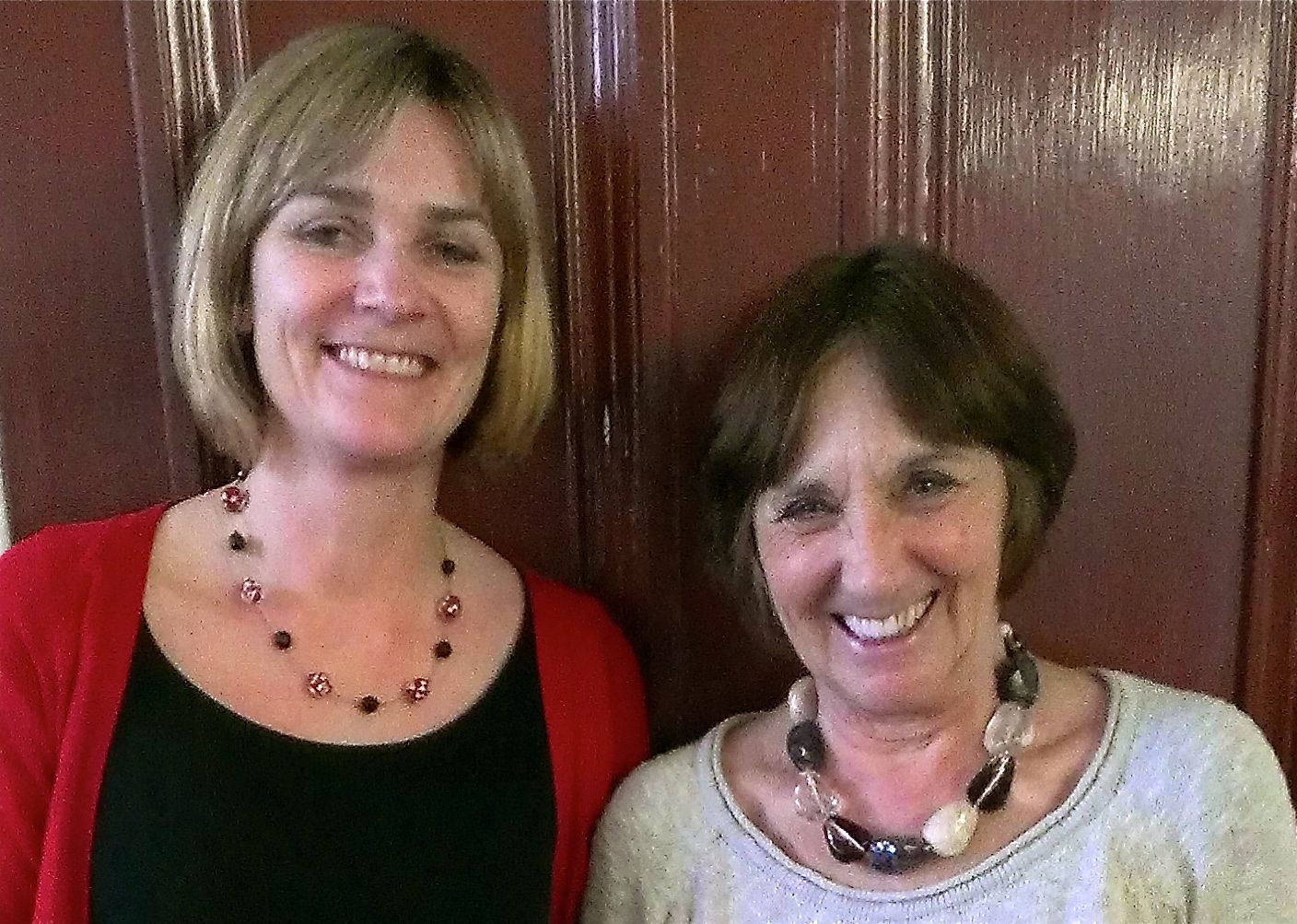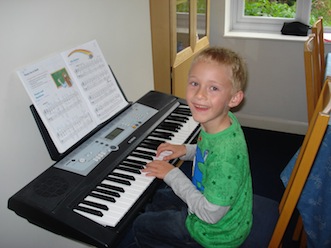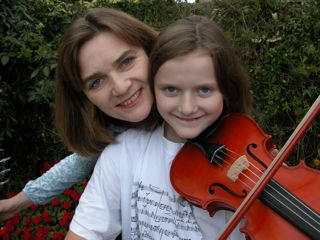My Child Doesn’t Join In
My child sings and dance at home but won't participate in class
Children need to watch and take in their surroundings when there is a lot of new stimulation such as in The Music Train classes. The majority of young children under the age of three find it very difficult to both take in a lot of new information and at the same time join in. As adults we forget just how many things are new and unfamiliar for our babies and toddlers – new faces, a new room, new experiences, the concept of all doing the same thing at the same time – to name but a few!
With a little time, you will find that your child will start to reproduce what they have learned in class when they are in the familiar surroundings of home, and you will begin to realise just how much they have actually been learning.
Parents who repeat the activities at home ‘ad nauseum’ and try to obtain the listening materials from iTunes or other sources, are often the first to observe their child participating more in class. It is all down to familiarity and repetition!
As children get older (normally 3+), and life’s experiences generally become more familiar, many will begin to contribute and join in more during the actual class. However, as with adults, it is of course, normal for some children to be more reserved than others.
How much should I help my child in class?
Tapping the pulse on your child (provided they enjoy you doing this), singing loudly and clearly, and dancing with enjoyment will all help your child. They will learn best by noticing what fun you have in class and by observing your interest and enthusiasm.
It is important not to keep forcing your child to be active in class but allow them to participate in their own time. They often need to sit and stare for many weeks before they have learned enough to try an activity out for themselves. Parents need to be sensitive to this, and to show the way, by doing each of the activities with enthusiasm themselves.
